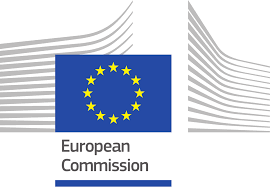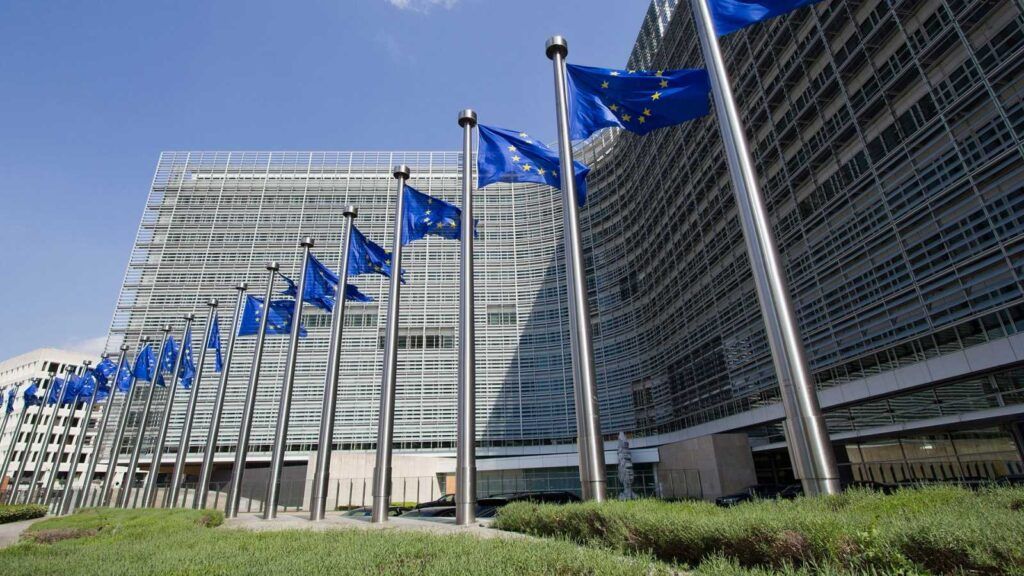The European Commission has decided to refer the United Kingdom to the Court of Justice of the European Union for failing to fully recover illegal State aid of up to around €100 million, granted as a tax exemption for passive interest and royalties in Gibraltar, as required by a Commission decision. This case relates to facts that took place before the United Kingdom’s withdrawal from the European Union.
On 19 December 2018, the Commission adopted a Decision regarding Gibraltar’s corporate tax exemption regime for passive interest and royalties applicable between 1 January 2011 and 30 June 2013 and between 1 January 2011 and 31 December 2013 respectively, as well as five tax rulings granted between 2011 and 2013. The decision declared those measures unlawful and incompatible with State aid rules, and therefore the aid must be recovered from the beneficiaries. As a matter of principle, EU State aid rules require that illegal State aid is recovered in order to remove the distortion of competition created by the aid.
The aid granted by Gibraltar in the form of corporate tax exemption for passive interest and royalties gave an unfair advantage to some multinational companies and had to be recovered by the United Kingdom and the Gibraltar authorities. However, more than two years after the Commission adopted this decision, the aid has still not been recovered in full and sufficient progress has not been made in restoring competition. That is why we have decided to refer the United Kingdom to the Court of Justice for failing to implement this decisión, said Executive Vice-president Margrethe Vestager, in charge of competition policy
Pursuant to Articles 95 (1) and 87 (2) of the Agreement on the withdrawal of the United Kingdom of Great Britain and Northern Ireland from the European Union and the European Atomic Energy Community, the Commission is entitled to bring the United Kingdom to the Court of Justice for failing to implement a Commission decision taken before the end of the transition period (i.e. before 31 December 2020). Article 87 (2) thereof also confirms that the Court of Justice has jurisdiction in these cases.
The Commission has been in regular contact with the Gibraltar authorities throughout the recovery process. Such authorities have already recovered part of the illegal aid from the beneficiaries. However, more than two years after the Commission decision, the Gibraltar authorities have not yet recovered all the illegal aid: those authorities identified four aid beneficiaries subject to the recovery order, but recovery has only be completed from two of them and less than 20% of the total illegal aid amount has been repaid. Recovery is still pending from Mead Johnson Nutrition (beneficiary of a tax ruling) and partially from Fossil (beneficiary of the unlawful aid scheme).
The Commission has therefore decided to refer the United Kingdom to the European Court of Justice for failure to implement the Commission decision, in accordance with Article 108(2) of the Treaty on the Functioning of the European Union.
Background
Following the withdrawal from the European Union, the United Kingdom is no longer a Member State. However, the United Kingdom is still required to recover fully the illegal aid granted since the obligation derives from a Commission decision adopted when the United Kingdom was part of the European Union. Furthermore, the possibility to refer the United Kingdom to the Court is still available in this specific case, as this action concerns a Commission decision that had been adopted prior to the end of the transition period.
Mead Johnson Nutrition has appealed the Commission decision before the General Court of the European Union (case T-508/19). An action for annulment against a Commission decision does not suspend the obligation to recover illegal aid (Article 278 TFEU). Mead Johnson Nutrition and Fossil have also started actions against the national recovery orders before national courts. In the framework of Fossil’s national case, the Gibraltar Income Tax Tribunal has referred a preliminary ruling request to the Court of Justice (case C-705/20). In the meantime, the competent UK authorities and national courts have delayed or stayed the recovery orders.
Member States have to recover illegal State aid within the deadline set out in the Commission decision, which is usually four months. Article 16(3) of Regulation 2015/1589 and the Commission’s recovery notice provides that Member States should immediately and effectively recover the aid from the beneficiary.
The need to implement promptly the Commission decision and restore fair competition on the market, by recovering the illegal aid received by the beneficiaries to the detriment of competitors, is not affected by the impact of the coronavirus outbreak.
If a Member State does not implement a recovery decision, the Commission may refer the matter to the Court of Justice under Article 108(2) TFEU that allows the Commission to directly refer cases to the Court for violations of EU State aid rules.








Leave a Reply